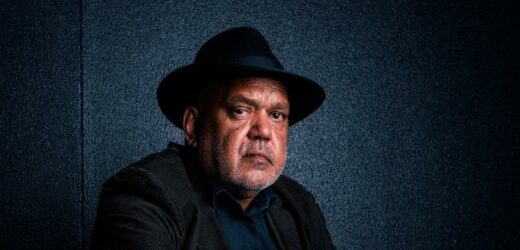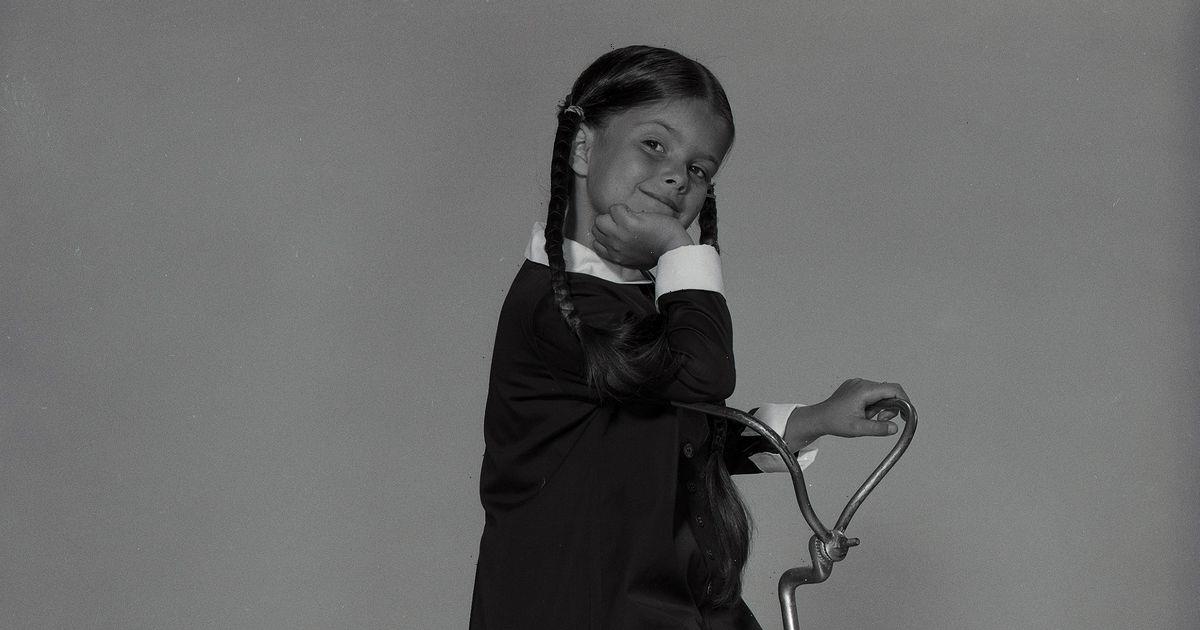Indigenous leader Noel Pearson has railed against left-wing policy approaches to criminal justice, health, and schooling, which he argues has partly underpinned the crime wave in Alice Springs.
The academic and passionate advocate for back-to-basics teaching used a speech at a Canberra education conference to exhort the explicit teaching approach that favours clear direction from teachers over student-led learning.
Noel Pearson.Credit:Dominic Lorrimer
The approach is considered to be a more traditional compared to modern forms of teaching that Pearson and other critics argue are pushed by progressive thinkers in the education establishment.
“My general rule of thumb when it comes to deciding the correct policies, [which is] is to do approximately the opposite to what progressive thinking says we should do,” said the key advocate for the Voice to Parliament.
“Across the whole field – criminal justice, education, health, welfare reform, economic development – do approximately opposite to what progressive thinking says you should, and you will get it about right.”
Pearson argued poor and disadvantaged children – whose poor learning outcomes were highlighted in a recent Grattan Institute report and a Productivity Commission report showing billions of dollars in funding was having little effect – were particularly let down by the lack of explicit reading instruction.
“What do you think is going on in Alice Springs? That’s the product of failed learning, which is the consequence of failed teaching in the communities from which those kids come. And there’s no solution in sight,” he said.
“Yeah the middle-class kids, they do alright. They get through, they go to university. But it’s the kids I’m concerned about, the kids of the underclass.”
Pearson heaped high praise on a program called Catalyst being used in schools across the Canberra and Goulburn Catholic Archdiocese, which hosted the conference on Monday. The schools operate on an approach partly embedded in old-school teaching methods. It shuns student-led and inquiry-based learning in favour of a direct, traditional instruction style.
Internal analysis of the schools’ NAPLAN results showed promising signs of Catalyst’s success, according to the program’s head Ross Fox, the diocese’s head of education. “We want to be precise about what we teach and how we are teaching it,” said Fox.
“We are drawing on the body of knowledge known as the science of learning, which indicates overwhelmingly students learn the same way, not differentially which means focus must be on high-quality instruction,” he said.
Teachers using the Catalyst program are trained in cognitive load theory, which contends that the brain can only hold small amounts of new information at once.
“We recognise that reading is not a naturally acquired skill,” Fox said.
Cut through the noise of federal politics with news, views and expert analysis from Jacqueline Maley. Subscribers can sign up to our weekly Inside Politics newsletter here.
Most Viewed in National
From our partners
Source: Read Full Article



